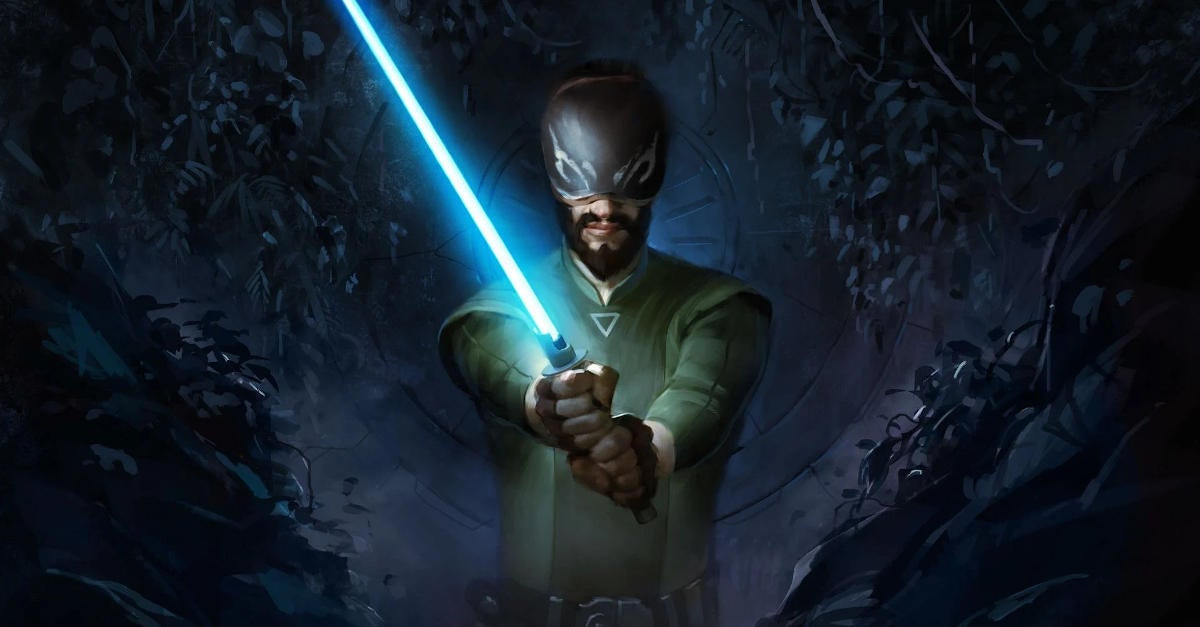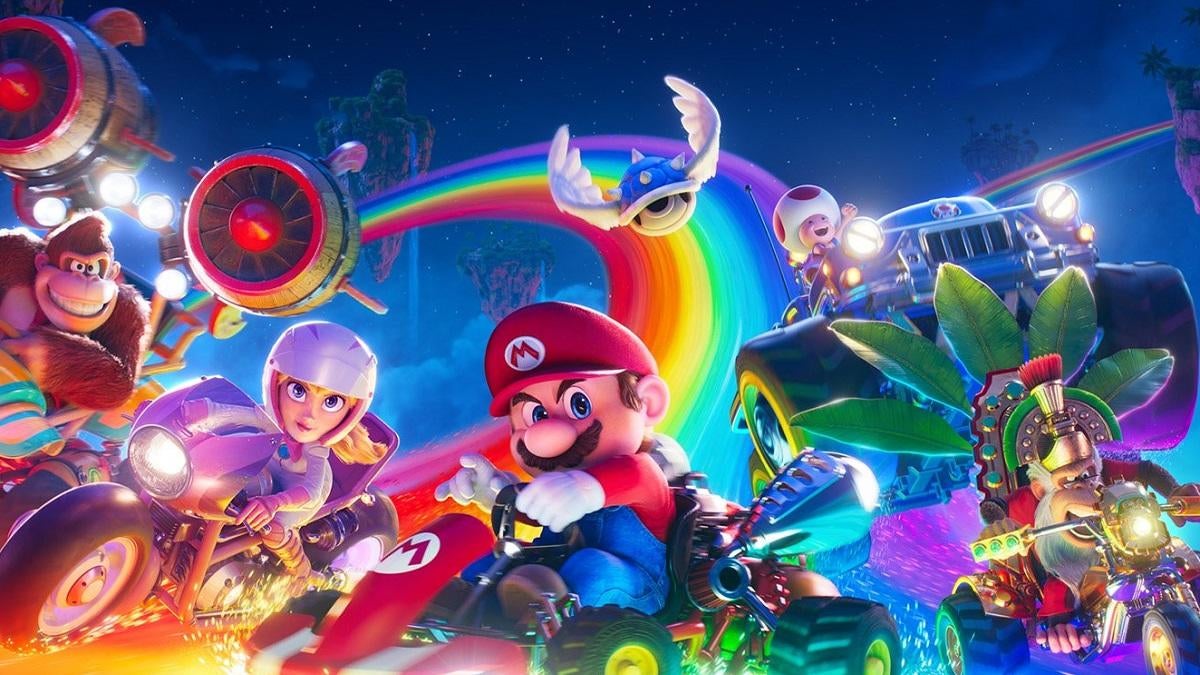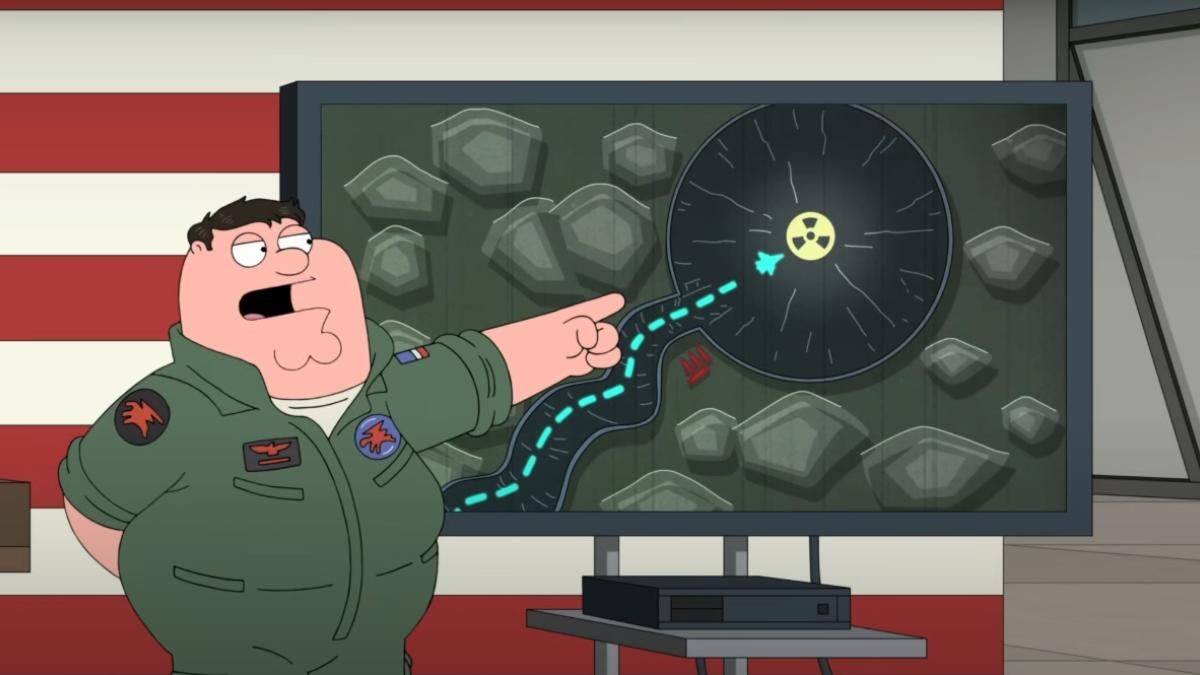Star Wars: "Master and Apprentice" Is the Perfect Epilogue to Obi-Wan Kenobi
Last week, Obi-Wan Kenobi concluded its run on Disney+. While there's been some talk of a potential second season, for now, it seems the series has run its course. The show ended with a cameo from Liam Neeson reprising his role as Obi-Wan Kenobi's master Qui-Gon Jinn in Force ghost form, an appearance Neeson made out of respect for Obi-Wan star Ewan McGregor and Star Wars creator George Lucas. However, the highly-anticipated meeting was brief, simply a visual representation of how much Obi-Wan had grown throughout the previous six episodes. For those looking for a more fleshed-out conversation between Obi-Wan and Qui-Gon, they should look toward "Master and Apprentice."
"Master and Apprentice" is a short story by Claudia Gray published in the anthology From a Certain Point of View (not to be confused with the Star Wars novel Master and Apprentice, also written by Gray, though anyone who enjoys Obi-Wan and Qui-Gon's relationship should certainly seek that novel out as well). The idea behind From a Certain Point of View is to retell moments from Star Wars: A New Hope. "Master and Apprentice" occurs after Obi-Wan and Luke Skywalker discover the Jawas massacred by Stormtroopers. While Luke speeds off to the Lars moisture farm and the droids start to burn the bodies, Obi-Wan summons his old master to seek reassurance amid uncertainty.
What follows is perhaps something more akin to what some fans were hoping to get from Qui-Gon's return in Obi-Wan Kenobi. The most striking and immediately apparent thing about the story is that it is told from Qui-Gon's perspective as a Force ghost. It's fascinating to get a glimpse into how someone who has become one with the Force views the passage of time and even the act of taking on an individual form separate from the collective energy of the Force (a trick that Qui-Gon admits in this story he learned to do only about 10 years after Anakin Skywalker's fall, which recasts his line in the Obi-Wan finale about how he's always been there and Obi-Wan just wasn't ready to see him as perhaps a bit of the teacher telling the student what he needs to hear rather than the entire truth).
But for a story published in 2017, five years before Obi-Wan Kenobi's Disney+ debut, it's remarkable how "Master and Apprentice" seems to hit on the same themes as the streaming series. Obi-Wan tells Qui-Gon about his reaction to seeing Leia's message for the first time, saying that he "saw Padmé so strongly, and even a little of Anakin" in her, which now feels like an echo of what Obi-Wan hinted to young Leia herself during and after their adventure together. There's also a moment where Obi-Wan expresses concern that young Luke is running off to get himself killed. Qui-Gon assures him of many other possible ways things could play out, including Leia being the one to come find Luke, a possibility that feels even more concrete after watching Obi-Wan Kenobi.
However, in a reversal, Obi-Wan explains that he's become used to living as a hermit and may miss it, a far cry from where he was, mentally, during Obi-Wan Kenobi's events. But the biggest moment of thematic resonance (and I'll put a spoiler warning here for those who are already eager to go read this story) comes when Obi-Wan becomes wistful for his previous life. He believes his work is only just beginning now that he's received Leia's message. He contrasts the simple man he is now to the Jedi general who performed so many great deeds during the Clone Wars. Qui-Gon gently admonishes him in a way that is reminiscent of Yoda telling Luke that "wars do not make one great" in The Empire Strikes Back:
"Battles and wars arent' the measure of a Jedi. Anyone can fight, given a weapon and an enemy. Anyone can use a lightsaber, given due training or even good luck. But to stand an wait -- to have so much patience and fortitude -- that, Obi-Wan, is a greater achievement than you can know. Few could have accomplished it."
Qui-Gon then thinks to himself that "fewer still could have done so without turning to darkness." It now harkens back to Obi-Wan Kenobi leaving Darth Vader alive after their second duel, framing that moment as Obi-Wan's version of Luke's temptation in the Emperor's throne room aboard the second Death Star in Return of the Jedi.
There's also a larger summation of the entire tragic saga of Qui-Gon, Obi-Wan, and Anakin that comes when Qui-Gon apologizes to Obi-Wan. With new wisdom, Qui-Gon recognizes that he put his Padawan in an impossible position by forcing him to take on Anakin as his Padawan immediately after graduating to Jedi Knight. Training any new Jedi is a challenge, but taking on the Chosen One as an apprentice was especially daunting. Obi-Wan's unpreparedness surely contributed to Anakin's emotional instability, something foreshadowed in the epilogue to Gray's Master and Apprentice novel and that Star Wars television lead Dave Filoni has expanded on in his theory about "Duel of the Fates." But ultimately, Obi-Wan concedes that Anakin's fall to darkness was "more his choice than anyone else's failure," suggesting he's taken Darth Vader's defiant statement in the final episode of Obi-Wan Kenobi to heart.
Storytelling in a massive, corporately-owned, multimedia shared universe can be messy, but every once in a while certain stories work together in harmony in a way that their authors couldn't have anticipated. The way "Master and Apprentice" serves as a perfect coda to Obi-Wan Kenobi is one such example in Star Wars.
Obi-Wan Kenobi is streaming now on Disney+. "Master and Apprentice" can be found in From a Certain Point of View, which is on sale at bookstores now.




